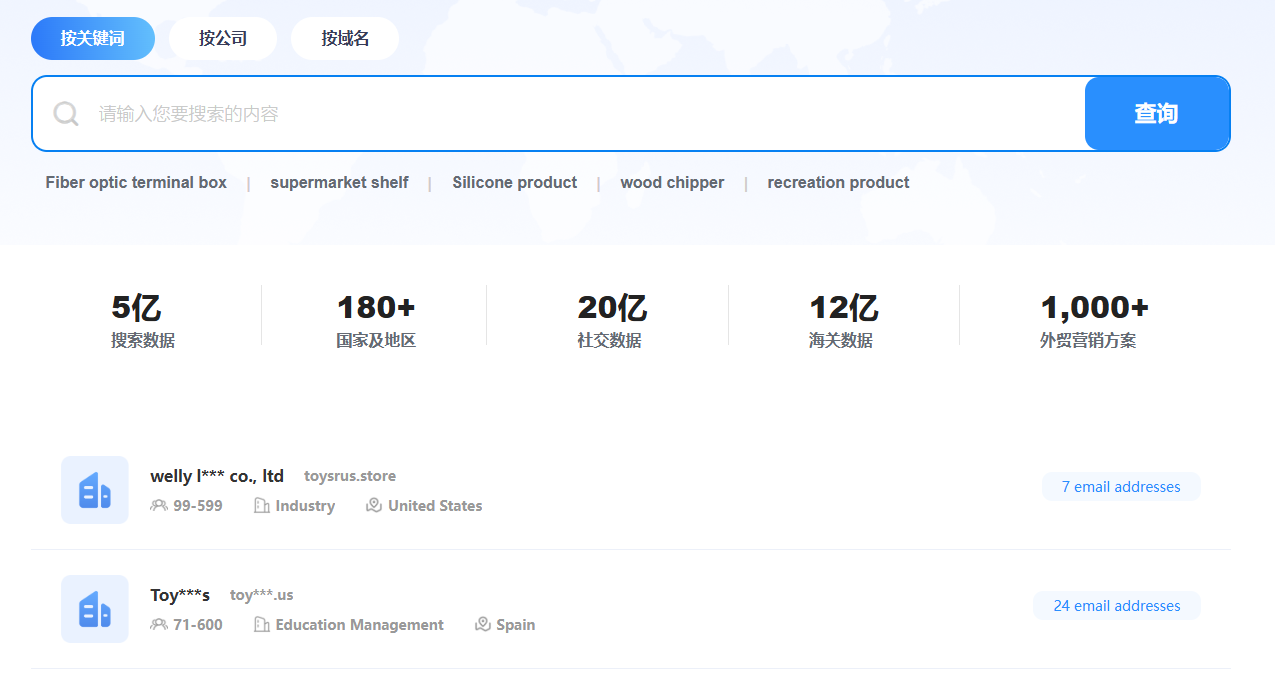 400-076-6558智领未来,外贸超级营销员
400-076-6558智领未来,外贸超级营销员
 400-076-6558智领未来,外贸超级营销员
400-076-6558智领未来,外贸超级营销员

In the field of international trade, entering the Australian market requires compliance with a series of regulations, among which the RCM (Regulatory Compliance Mark) certification is a crucial requirement. This article will delve into the legal essence and practical challenges of Australian RCM certification, aiming to help foreign trade enterprises clarify the compliance path and avoid risks.
The RCM certification system is an important part of Australia's product compliance requirements. It integrates safety and electromagnetic compatibility requirements for electrical and electronic products. According to the latest policy documents of the Australian Communications and Media Authority (ACMA), products sold in the Australian market need to obtain RCM certification to ensure they meet relevant safety and performance standards.
"The RCM is a mandatory mark for most electrical and electronic products sold in Australia. It indicates that the product meets the relevant safety and EMC requirements." - ACMA Policy Summary

One of the core requirements of RCM certification is that the certificate must be held by a local Australian company. This requirement is mainly due to the following reasons. Firstly, it is easier for local companies to communicate and cooperate with relevant Australian regulatory authorities. They are more familiar with local laws, regulations, and procedures, which helps to ensure the smooth progress of the certification process. Secondly, in case of product quality problems or compliance issues, local certificate holders can be more effectively held accountable and cooperate with the authorities for investigations and rectifications. For example, a foreign company once faced difficulties in responding to product recalls due to non - local certification, which led to significant losses in the Australian market.
Compared with certification requirements in other countries, such as the CE certification in the European Union and the FDA certification in the United States, the requirement for a local certificate holder in Australia is quite unique. The CE certification mainly focuses on product compliance with relevant European standards, and there is no strict requirement for the certificate holder to be a local European company. The FDA certification also emphasizes product safety and efficacy, but the certificate holder does not necessarily have to be a local US company. This difference highlights the particularity of the Australian market.
| Certification | Certificate Holder Requirement |
|---|---|
| RCM (Australia) | Must be a local Australian company |
| CE (EU) | No strict requirement for local company |
| FDA (USA) | No strict requirement for local company |
This requirement has a certain impact on foreign trade enterprises. Many non - Australian companies may find it difficult to meet this condition directly. However, it also promotes cooperation between foreign enterprises and local Australian companies. For example, some foreign companies choose to cooperate with local agents or distributors who can hold the RCM certificate on their behalf, which not only helps foreign products enter the Australian market but also drives the development of the local service industry.

Based on the actual experience of enterprises, when applying for RCM certification, the first step is to choose a reliable local Australian cooperation partner. A good partner should have in - depth knowledge of local regulations and rich experience in handling certification matters. Secondly, enterprises need to prepare a series of materials, including product technical specifications, test reports, and safety manuals. These materials need to be accurate and complete to ensure the smooth progress of the certification process. During the review process, enterprises should actively cooperate with the certification body, respond to their inquiries in a timely manner, and make necessary improvements according to their suggestions.
Early planning is crucial for obtaining RCM certification. Enterprises should start the certification process as early as possible to avoid delays in product launch. At the same time, building an internal knowledge base can help enterprises better understand Australian regulations and certification requirements, and improve their ability to handle certification - related issues independently. For example, an enterprise established an internal RCM certification knowledge base, which included policy documents, case studies, and operation guides. This knowledge base helped the enterprise reduce the time and cost of certification by 30%.
To avoid risks such as customs clearance delays or fines caused by non - local certificate holding, enterprises should ensure strict compliance from the very beginning. They should clearly understand the RCM certification requirements, choose a proper local partner, and ensure that all materials and procedures are in line with Australian regulations. In case of any uncertainty, it is advisable to consult professional certification agencies or legal advisors.

Mastering the key details of RCM certification can ensure that your products enter the Australian market without obstacles. If you want to learn more about RCM certification and get professional guidance, click here to explore more solutions.
.png?x-oss-process=image/resize,h_100,m_lfit/format,webp)
.png?x-oss-process=image/resize,h_100,m_lfit/format,webp)

.png?x-oss-process=image/resize,h_100,m_lfit/format,webp)
.png?x-oss-process=image/resize,h_100,m_lfit/format,webp)
.png?x-oss-process=image/resize,h_100,m_lfit/format,webp)
.png?x-oss-process=image/resize,h_100,m_lfit/format,webp)
